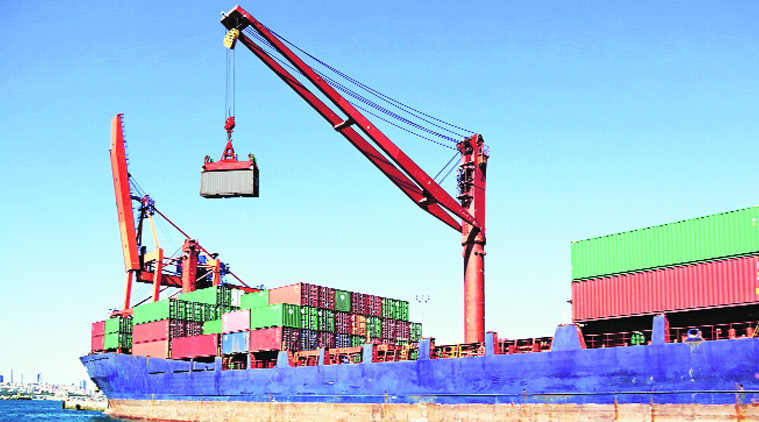
India’s trade deficit, difference between imports and exports, has broadened during the past three years with as many as 25 major countries including South Korea, Japan, Germany, Iraq and Saudi Arabia, Parliament was informed Wednesday.
Commerce Minister Piyush Goyal said in a written reply to the Lok Sabha that trade deficit depends upon relative fluctuations in the imports and exports of different commodities due to the global and domestic factors such as demand and supply, currency fluctuations, cost of credit, and logistics costs.
The increasing trade deficit in spite of positive growth of exports is mainly due to higher imports of products such as crude oil, electronic goods, iron and steel, chemicals, coke, fertilisers, and machinery, he said.
These products contribute over 70 per cent share in total imports in 2018-19.
Trade deficit with Korea, Japan, Germany, Iraq and Saudi Arabia increased to $12 billion, $7.9 billion, $6.25 billion, $20.58 billion and $22.9 billion, respectively, in 2018-19.
The minister added that the government has taken several steps to boost India’s exports and reduce the impact of trade deficit.
There has been steps taken to ease business, scheme development for trade-related infrastructure, and scheme to mitigate disadvantage of higher cost of transportation for export.
India’s overall trade deficit, including both goods and services, has scaled to $103.63 billion in 2018-19 from $84.45 billion in the previous financial year.
As per Foreign Trade Policy 2015-20, the government plans to increase India’s export of merchandise and services from $465.9 billion to about $900 billion by 2019-20 and to raise India’s share in world exports (goods and services) from two per cent to 3.5 per cent, he said.



